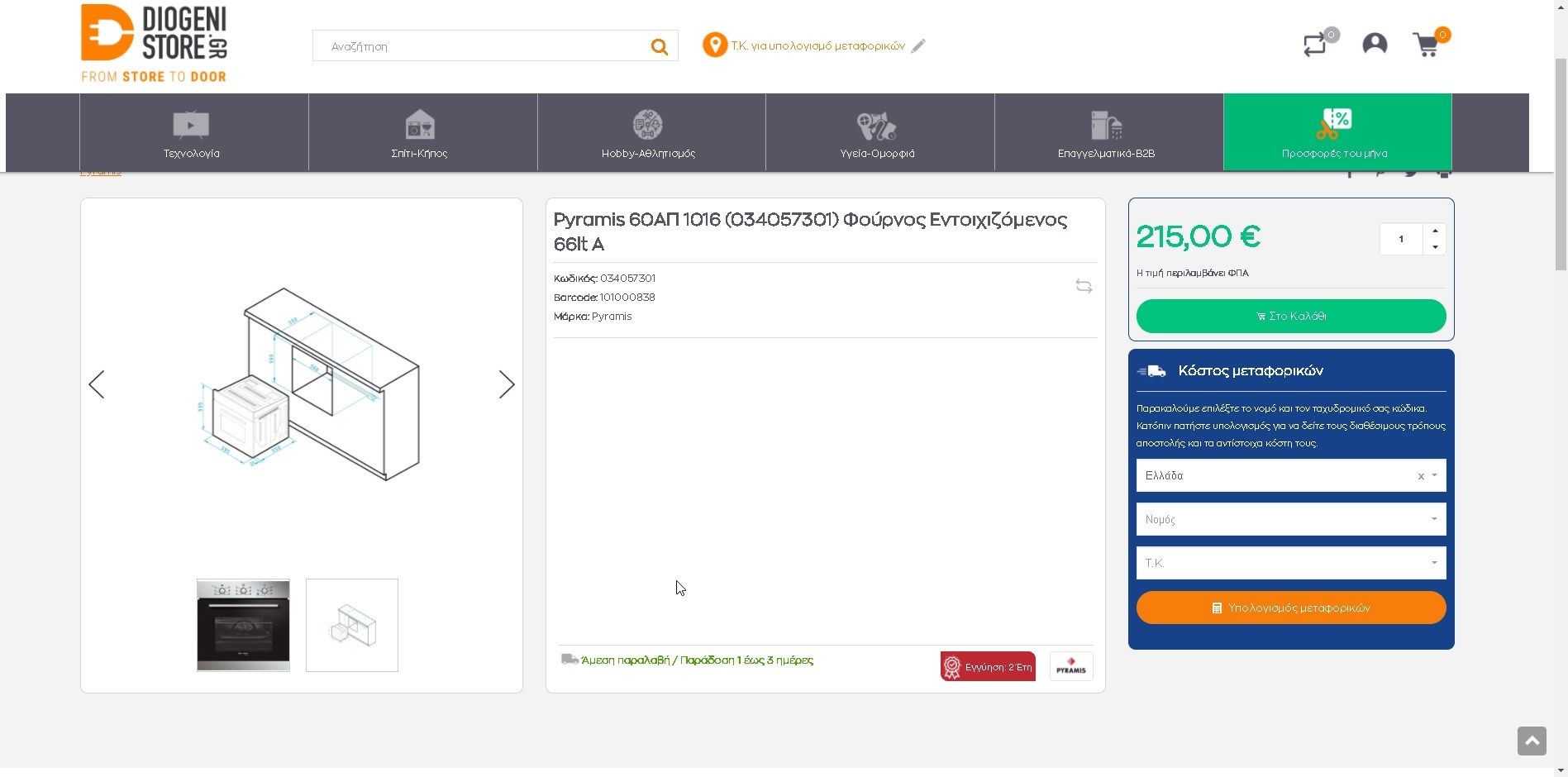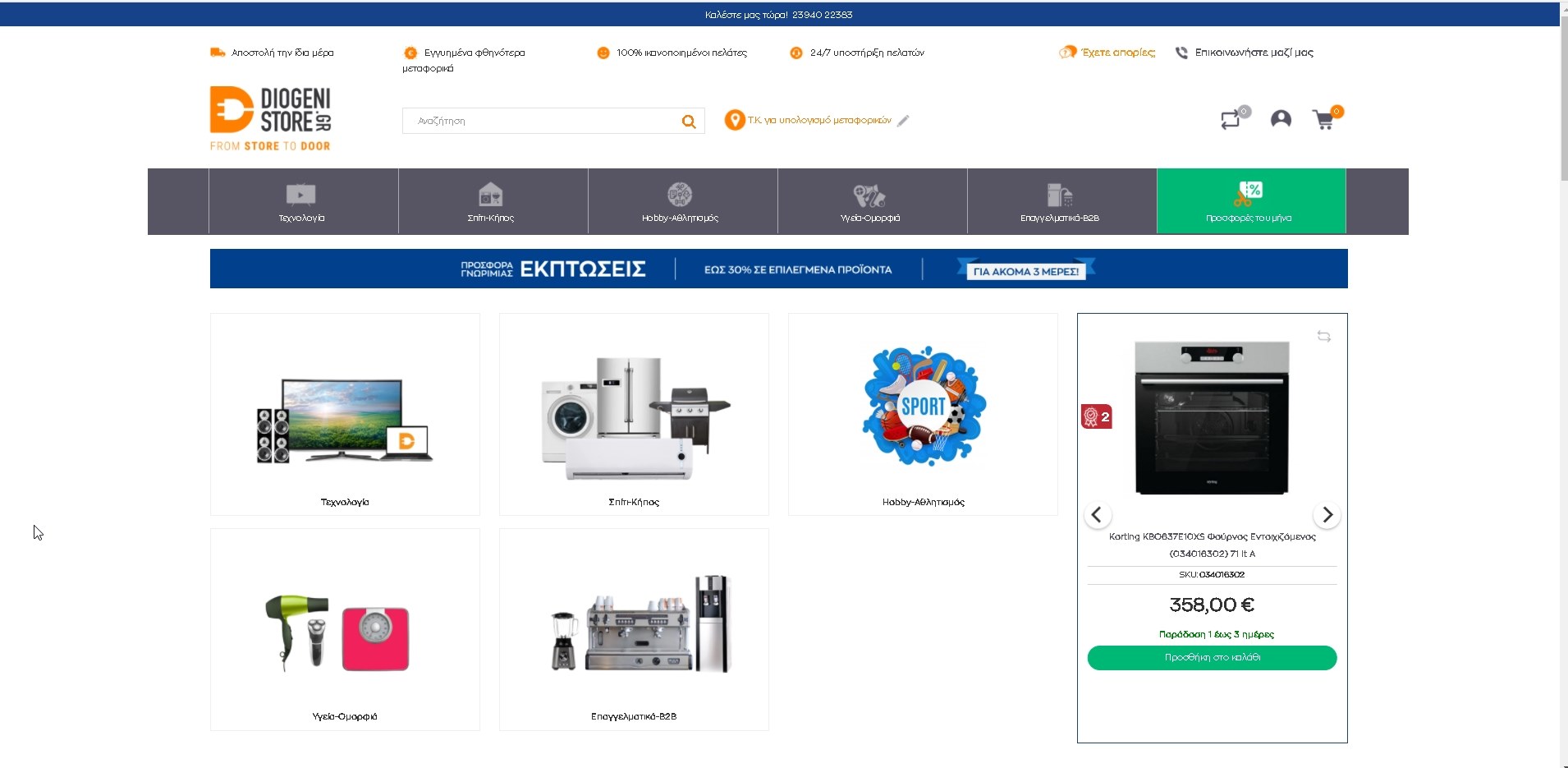
What is the difference
Wefia is an ERP-integrated e-commerce platform that focuses on wholesalers, B2B distributors, and B2C retailers. Magento, Prestahop, Woocommerce and various others are e-commerce platforms, widely adopted by B2C retailers. Most businesses looking for an e-commerce solution sooner or later will come across Magento, PrestaShop, Woocommerce.


Keystone
We build your e-commerce platform with your ERP system as its foundation. Our goal is not to rebuild the functions that ERP already has, but to build a platform on top of ERP, a platform that uses ERP as the main source of information. This approach allows our customers to get the most out of their ERP investment. In short, Wefia customers benefit from one or more online stores supported by their ERP. This approach is very rare in the e-commerce world. Most e-commerce platforms are built from the ground up, focusing on the online store as a starting point. E-commerce platforms are traditionally stand-alone websites, which do not directly integrate with ERP. They require a third-party connection (connector, interface, bridge) to connect the ERP to the e-commerce platform. Wefia is different. The e-commerce platform can work with ERP integration. This is because our starting point has always been if the functionality is covered by the ERP, we will not replicate it in the e-commerce platform. We don't like redundancy. Duplicate content creates the opportunity for errors and thus reduces the efficiency and profitability of your business. We believe that your ERP should serve as a single source of information..
How does Wefia integrate with your ERP?
Wefia and your ERP work as one. The database and every complex interaction you have created in your ERP system is automatically reflected in your Wefia online store. This applies to supplier customer data, order data, trade policies, credit policies, product information, as well as complex pricing structures, inventory rules, prints, images, CRM, on-board sellers, third party warehouse interface and so on.
Example of a seamless integration scenario: A company decides to change the price of a product: Screw 100. The information is changed directly in the ERP business logic. And this information change is reflected in real time in the online store.
Example of a seamless integration scenario: A mobile salesperson decides before visiting the customer to get information about the customer's financial behavior (Tabs, Balance, Statistics) before taking his order on the tablet. And this search and order entry is reflected in real time in the online store.


How do you benefit from ERP integration?
This direct integration not only makes it easy to install Wefia, but also minimizes ongoing maintenance costs and resources in the long run. With Wefia, you only need to maintain one database the ERP database. This simple architecture saves you time and effort for complex data synchronization. This means less complexity for your organization and a lower investment with greater long-term value.
When ERP and e-commerce work as one, you eliminate the scattered data and processes you had, instead you have a cohesive system powered by your existing ERP.
The problem


E-commerce providers. A NON-complete e-commerce solution.
The various providers do not offer direct ERP integration, they were created as a stand-alone system. An interface (Bridge,Connectoras) is required to pull the information from your ERP to the online store. Many vendors claim that their solution is fully integrated, but this is not the case.
What is an interface? The interface is used to pull data from the ERP and push it to the e-commerce platform.
The interface (Connectoras) is a separate system from your online store and e-commerce providers such as Magento, Prestashop, Woocommerce, OpenCart do not have. You will need to use a third party interface to connect your online store to your ERP.
Interconnections lead to additional costs, security implications for your online store, and if updates are required, they can have a negative impact on other systems. This is all due to the fact that e-commerce providers do not control the interface themselves. This is not the case with Wefia because of the integrated solution.
Database synchronization challenges with Magento, Woocommerce, Prestashop etc. Another problem with non-integrated solutions is that changes made in the ERP are not immediately reflected in the online store. Changes take time to reach the interface and so, for a certain period of time, the data in your ERP and online store will not be the same. This can lead to problems when customers order a product that still appears as available online, but is out of stock in the ERP database. Having an interface also means maintaining two databases of the ERP and the interface.
Maintaining two systems with the same information is not efficient and is also dysfunctional

“With our previous e-commerce platform, we had to build our business logic twice, once in the ERP and again in the online store. Whereas with the choice of Wefia integrated into the ERP, there was no need to replicate our data. This has added extra credibility to our organization and a huge savings from day-to-day site management.”-
Ainalis Georgios & Ainalis Evangelos,
Owners of Diogenistore
The benefits of integration. E-commerce was created for ERP systems
Us, the Wefia team we wanted to find a way to make e-commerce simpler, more efficient and more accurate.
The solution ? E-commerce integrated into ERP. It's really simple. By connecting your online store directly to your ERP - where pricing structures, order availability and customer, supplier information are already stored and operational - you can automatically transfer the data and logic you already have into your online store.
What does this mean for your business?
- Boost your sales performance.
- Enjoy automatic order processing
- Benefit with process accuracy and save time and resources.
- Make your customers happier with up-to-date product information and a 24/7 accessible inventory.
Drive sales through personalized e-commerce marketing and customized opportunities for up-selling and cross-selling


Specialisation
B2B specialization .What are the differences of Wefia with all other e-commerce systems?.
All other e-commerce systems are not focused or offer solutions for the B2B market. All other systems lack personalization features, relying heavily on features created by partners. This means that if you, as a customer, would like to switch to another partner, you risk losing all customizations created by your former partner. This, of course, can be very costly in time and resources. The Wefia team, specializes in e-commerce for the B2B market. B2B products tend to be more complex than B2C products and are usually ordered in larger quantities. B2B buyers are used to having specific customer agreements with suppliers. Due to the complexity of B2B transactions, we have created an e-commerce platform that integrates with your ERP so that you can effortlessly meet all your customers' demands with your online store.


